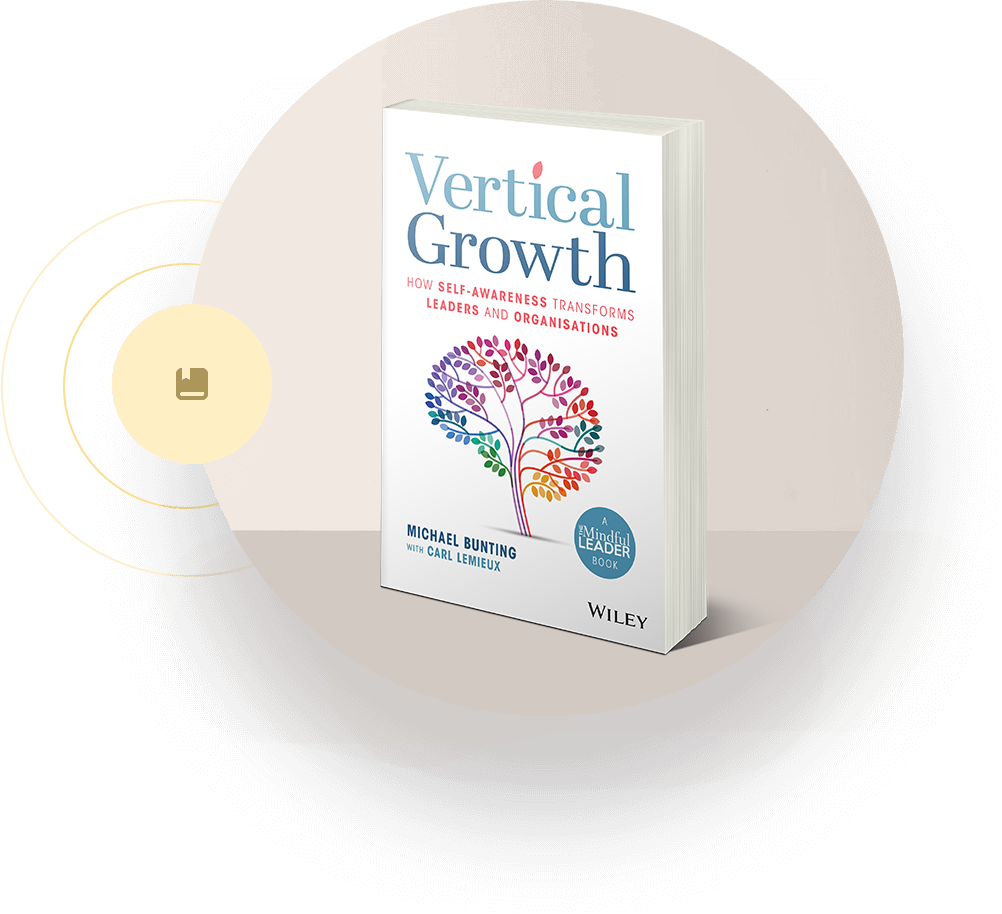The world is desperate for great leadership—more specifically, for mindful leadership.
Suffering abounds in our personal and professional lives. The greatest opportunity for leaders is not to accomplish monumental tasks but rather to alleviate suffering.
Given that we spend a significant part of our lives at work, organisational leaders in particular can make a profound difference—and at a much deeper level than we typically think.
When we see people as whole human beings, with private struggles and secret dreams, personal demons and public virtues, deep wounds and unique gifts, and, above all, a deep yearning to really matter, we begin to lead them as though they really count and to draw out their whole selves.
We see that a job can be about more than salary—it can be a source of meaning. We see that the core purpose of all economic activity is not solely to produce economic wealth, but also to produce greater happiness, peace, wisdom and understanding.
We see that we cannot separate our economic life from our personal life and our relationships, that everything we do is part of an integrated whole and creates a net effect in happiness or suffering.
We also see that the practices required for mindful leadership are precisely those that make us great human beings.
The ultimate objective of mindful leadership is not some goal “out there”; rather, it is to become the best kind of person who creates and supports the best kind of organisations.
And the fruit of this mindful leadership work is a profound inner wellbeing—the very essence of what we’re all striving for.
Through mindfulness, we discover that what we’ve been searching for all our lives has been inside us all along. At its essence, mindful leadership is about coming home to ourselves, and then inviting, influencing, serving and supporting others to do the same.
The paradox of mindfulness is that accessing and living from our true, natural, most authentic self requires practice. It’s available to us in any given moment, but disciplined practice is needed to help us see that.
Marion Furr from the UK Department of Health puts it like this:
“I think of mindfulness in the same way as we do about our bodies. If you give your body the right elements every day it will perform well, and if you don’t, it breaks down. And you have to give it what it needs even if you don’t like it or if you don’t believe it. It responds based on what you feed it and how you treat it.
“Our minds are no different. If you feed your mind a steady, healthy diet of mindfulness practice, you become more aware and capable — your mind just functions better.”
Inner transformation, then, is a lifelong commitment. Having said that, the reality is that with mindfulness practice we can make quantum leaps in our levels of understanding and self-regulation as we uncover the core issues sabotaging our best intentions.
Superficial techniques may give us small, linear improvements, but mindfulness opens the door to exponential growth in our mindful leadership.
This work takes strength. Cultivating mindfulness is far more than just becoming calmer and clearer. It’s about embracing our whole lives and coming to terms with the parts in ourselves we would rather avoid or run from.
As we become whole again, the inner arguments, self-criticism and plea-bargaining slowly dissipate. We come to accept the sweet and the sad, the painful and the pleasant, with an inner grace.
And in that acceptance we open ourselves to life so much more deeply.








